

New York City and the mafia basically go hand-in-hand. As much as New York does not want to admit it, our ties are deeply connected to the gangs that used to — and in some cases, still — roam the streets. Here are ten mob hangouts throughout history: some may be closed, but they are certainly not forgotten.
1. Rao’s
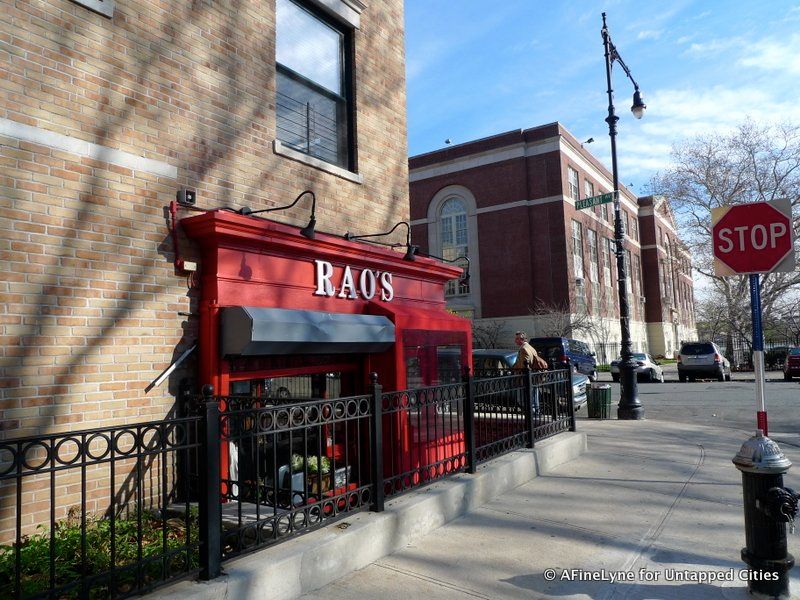
Rao’s originally opened its Harlem location in 1896. It was a famous spot for wiseguys and gangsters throughout the place’s long history: with the likes of Lucky Luciano and John Gotti allegedly dining there. However, it is also a famous place in general, with celebrities and officers dining there as well: it was even featured in The Wolf of Wall Street.
But what made Rao’s a really notorious mob hangout was the incident that happened in 2003, when Louis ‘Louie Lump Lump’ Barone, an associate, murdered Albert Circelli, a “made man” in the Lucchese crime family. It was reportedly prompted because Circelli threw insults at a singer.
2. Sparks Steak House
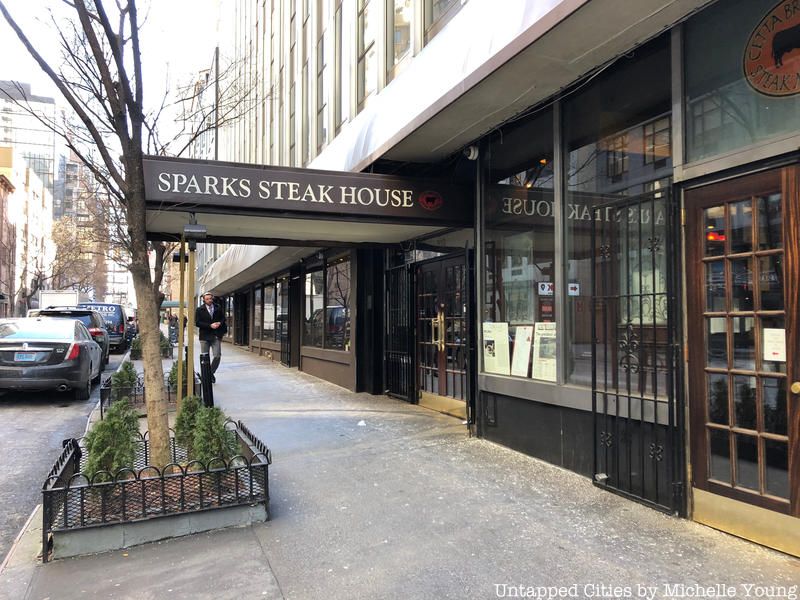
Sparks Steak House probably does not need an introduction. Originally opened in 1966 before moving to its Midtown Manhattan location in 1977, it is one of New York City’s most famous steakhouses and one of the city’s most infamous mob hangouts. It gained mafia notoriety when John Gotti used the location to make a power move for the Gambino crime family. With tensions already high between him and Paul Castellano, Gotti ordered his death in December 1985: both Castellano and his bodyguard were mowed down in front of the restaurant.
3. Don Peppe
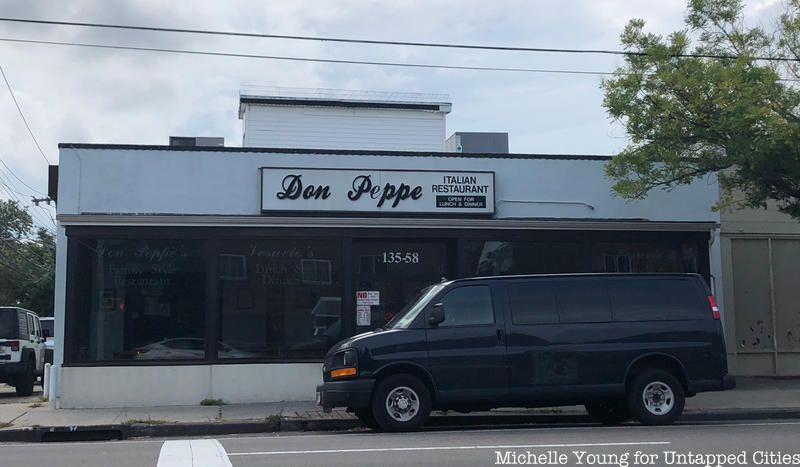
Opened in 1968, Don Peppe is a mainstay of Ozone Park in Queens: a favorite for its baked clams and “mamma’s marinara sauce.” But it also got press for its mafia connections: particularly when Anthony ‘Fat Tony’ Rabito, consigliere of the Bonanno crime family, was ordered, by his parole officer, to steer clear of the restaurant. He was also told to stay away from Rao’s and Bamonte’s. Perhaps Don Peppe’s got the most press because it used to be the mob hangout for Genovese capo Ciro Perrone.
4. Robert’s Lounge
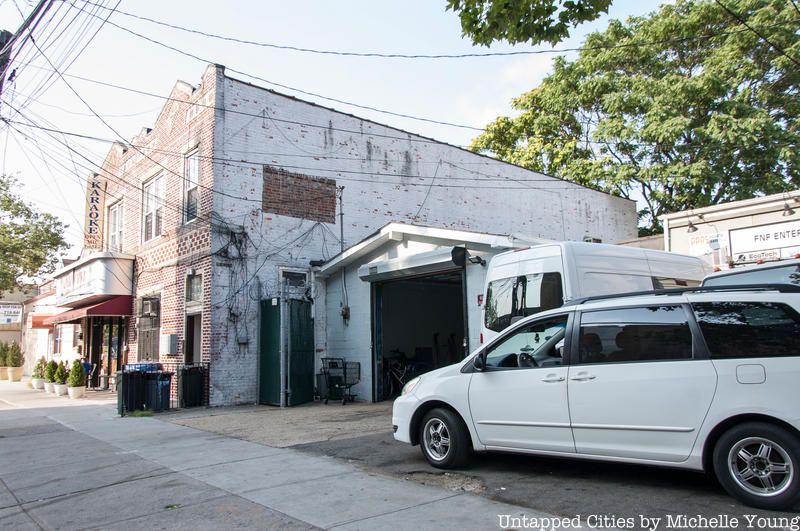
A bar long gone, it became famous thanks to Martin Scorsese’s Goodfellas. Jimmy ‘the Gent’ Burke, played by Robert De Niro in the aforementioned film, owned the social club in Ozone Park until 1979. The place became particularly notorious, especially amongst the F.B.I., after Jimmy was named the main suspect in the Lufthansa heist. The 1978 heist, which was covered in the movie, led to a huge body count, with bones even being dug up in the bar’s basement in 1980, according to United Press International.
5. Tommaso Ristorante
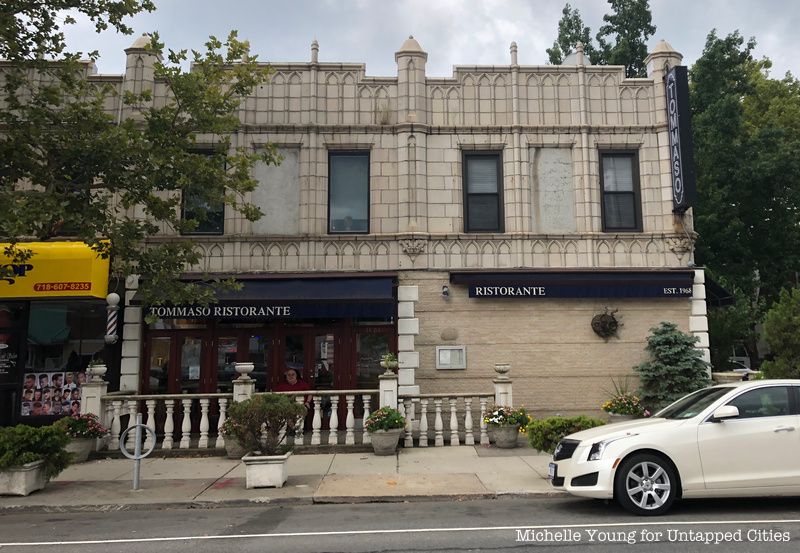
Famous in Dyker Heights for its Italian cuisine, Tommaso caught an early break when the Gambino crime family opened up a headquarters next door. Mafia frequenters included the aforementioned Paul Castellano — the don that was murdered outside of Sparks Steak House. Owner Tommosa Verdillo told the Financial Times that Castellano was “like a big brother to me.” Verdillo even catered many events at the don’s Staten Island home.
6. Ravenite Social Club
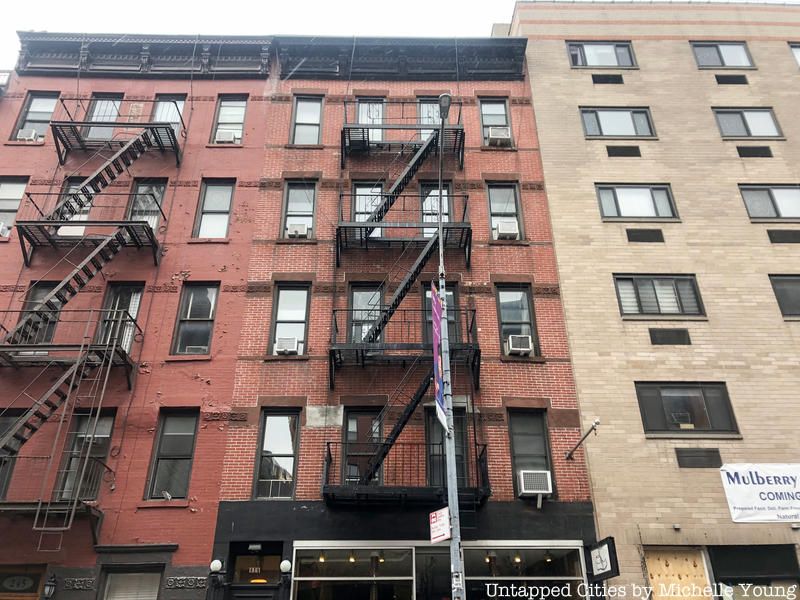
The Ravenite Social Club at 247 Mulberry Street in Little Italy was one of Manhattan’s known mob hangout thanks to ‘the Dapper Don,’ John Gotti. The place became a literal mob scene the day after Paul Castellano’s death, as associates and members of the Gambino crime family came to pay homage to the new leader. Perhaps it is even more famous for being a part of Gotti’s downfall, as the F.B.I. would go on to wire the club and the upstairs apartment.
7. Triangle Social Club
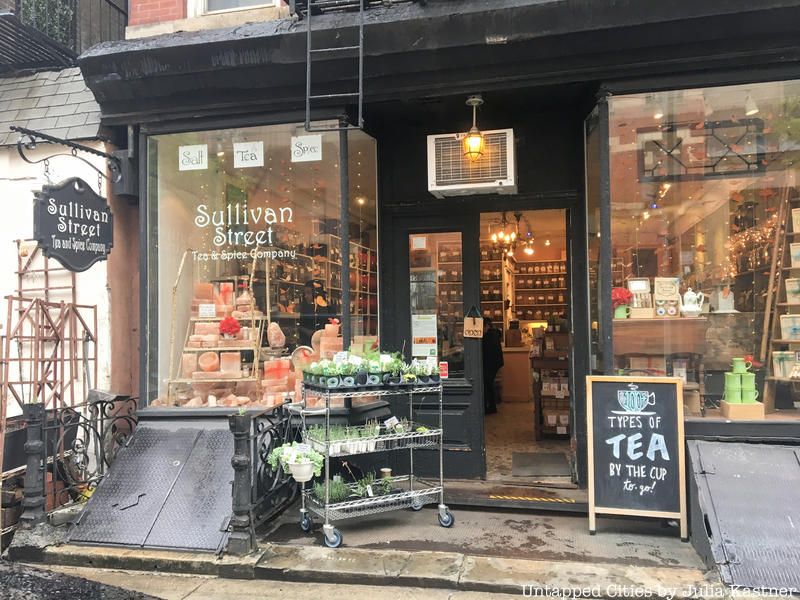
Considered by many as New York’s last great mafia social club, the Triangle officially closed its Greenwich Village doors in 2011. But it certainly left behind a legacy. Geneovese crime family boss Vincent ‘the Chin’ Gigante reportedly owned it, according to The New York Post. In his later years, Gigante was known for walking around the neighborhood in a bathrobe and slippers. The authorities believed this was an ‘act:’ a way to play innocent of his crimes. Sullivan Street Tea & Spice Company now occupies the infamous space.
8. Umberto’s Clam House
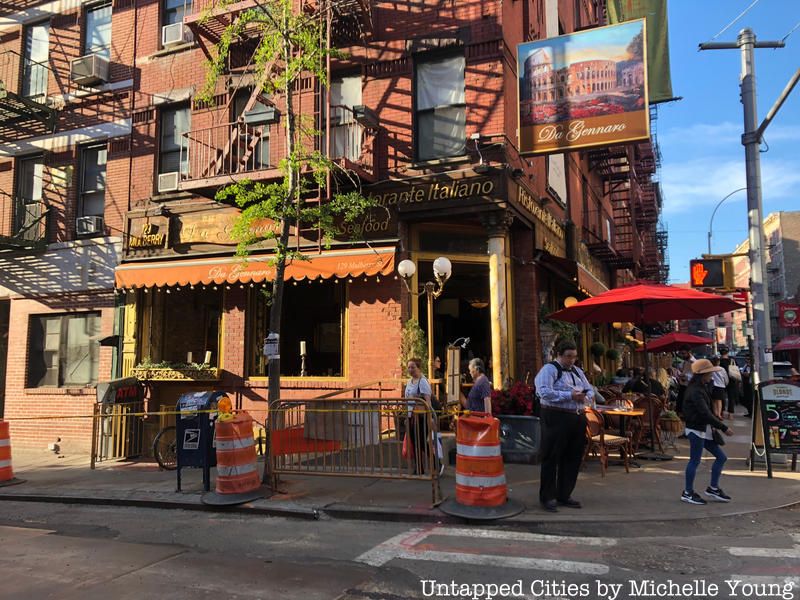
Currently located at 132 Mulberry Street, Umberto’s Clam House is notorious for the assassination of ‘Crazy Joe’ Gallo in 1972. Gallo was notorious for his attempt to take over the Profaci crime family in the ’60s, which would later be known as the Colombo family. As a result, he was murdered while he celebrated his birthday with his family. Umberto’s, which is obviously known for its seafood, is still holding strong to this day despite — or perhaps because of — its reputation as one of Manhattan’s mob hangouts.
9. Astoria Colts Social Club
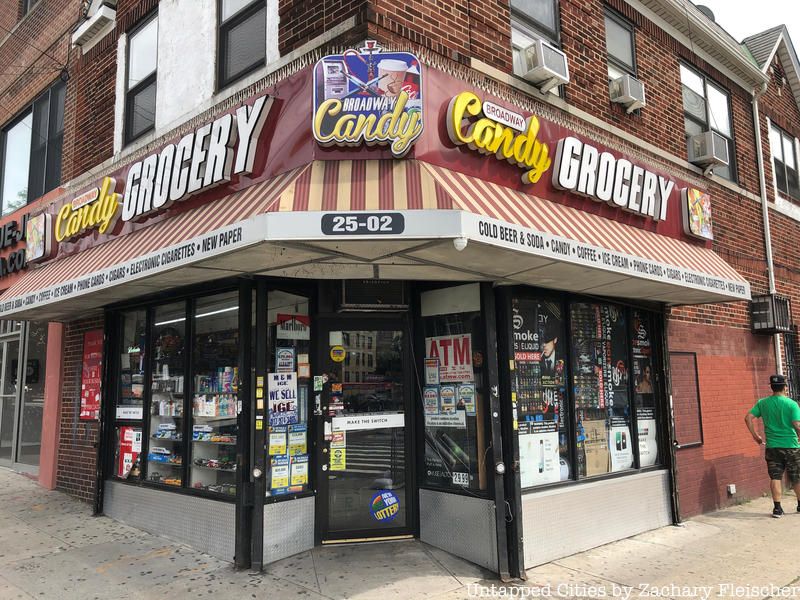
Probably the least known on this list, the Astoria Colts Social Club is more known for Vincent Papa. He was an associate of the Lucchese crime family that allegedly used the social club as a place to conduct illegal business. However, Papa became infamous for his role in the “French Connection robbery.” The drugs confiscated during that famous case, which eventually was turned into the Academy Award winning movie, was stolen out of the police evidence room.
10. Theatre 80 St. Marks
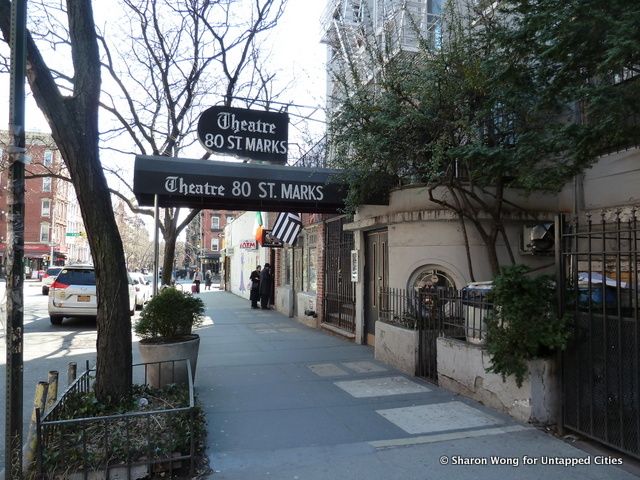
Lorcan Otway, the owner of the Theatre 80 and the William Barnacle Tavern on St. Mark’s Place in the East Village, opened his museum dedicated to all things mafia nearly ten years ago. But it is Otway’s inadvertent history with the mob that makes it thoroughly interesting.
When his father, a struggling actor, bought the location from Walter Scheib, he knew it was a former speakeasy and one of the East Village’s mob hangouts: the basement even doubled as an escape tunnel. But when the senior Otway searched the location, he found a safe with $2 million: after informing Scheib, the alleged gangster took the money and disappeared. The rusty safe, along with another, is now on display in the museum. You can even visit the tunnels that enabled Scheib’s escape (though he would be murdered shortly thereafter).
Next, read An Offer You Can’t Refuse: 10 NYC Film Locations for The Godfather and The Top 10 Secrets of NYC’s Webster Hall.

